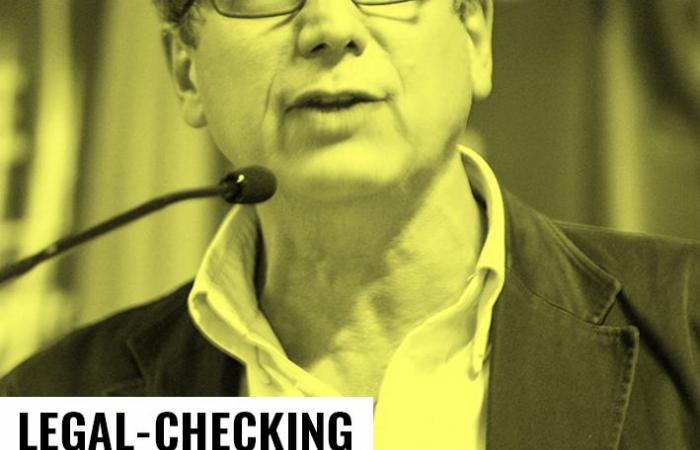Invited on BFMT TV during a round table with representatives of the National Rally and Renaissance on Monday June 17, outgoing LFI deputy Eric Coquerel reiterated the proposal made by Jean-Luc Mélenchon and the LFI group to block the prices of first necessity. However, this proposal conflicts with European law. However, the State can put in place direct aid to consumers to compensate for inflation.
THE PRINCIPLE: PRICES ARE FREELY SET BY THE COMPANIES
The European Union’s guaranteed right for goods and services to move freely within the European Union. Consequently, the determination of the price must result from the meeting of supply and demand and cannot in principle be determined by the State. For gas, European rules guarantee customers the right to freely choose their suppliers. And suppliers also have the right to freely supply their products (point 26 of the 2016 Anode decision). Clearly, the State no longer has to interfere in setting the price of gas. This is also why regulated gas prices ended on June 30, 2023. As for electricity prices, article 5 § 1 of the directive 2019/944 provides that “suppliers are free to determine the price at which they supply electricity to customers”. The only exception, Article 3 § 3 provides that States may continue to apply regulated tariffs “to residential customers or those in precarious situations”. However, this should only concern people in need.
This is why the European Commission authorized on October 13, 2021 States to help users and businesses who need it to cope with inflation in energy prices. It also authorized states to lower taxes to automatically lower the price for users.
Finally, regarding food products, the same principle of free price determination prevails. Price blocking can lead to distorting competition between companies. Therefore, if a Member State wants to block prices, it must limit the effects of this blockage on competition as much as possible and be able to justify its intervention by very specific circumstances, such as the protection of health (decision of the Court of Justice of the ‘European Union of 2015 in the case Scotch Whisky association). In addition, food is a very broad category and it is difficult to imagine a price freeze for alcohol or sweets which are not essential. It would therefore be necessary to establish a list of essential food products (fruits, vegetables, meats, eggs, for example).
THE STATE CAN INTERVENE OTHERWISE
One solution is to favor direct aid to consumers rather than capping prices. For gas and electricity, the State provides financial assistance in the form of a check “energy” to those most in need (between 48 euros and 277 euros per year and per eligible household). For beneficiaries of the energy check, the government has also put in place exceptional aid of €100 so that these precarious households can cope with the increase in the price of gas and electricity. It is also this type of direct aid that the government has chosen by setting up a “inflation check” intended for nearly 38 million French people to reduce the effects of inflation on the purchasing power of the French. There are also similar devices for water et for the phone.
This article was written using the Pluralisme.fr database which lists the speeches of more than 1,400 French political and public figures.
You too can use this database and offer us legal-checker speeches directly on the Pluralisme website, via the “leave us your comments” button and by selecting “Fact-checkers”.
An error in this content? Would you like to submit information for verification? Let us know using our online form. Find our correction and information submission policy on the Our method page.






